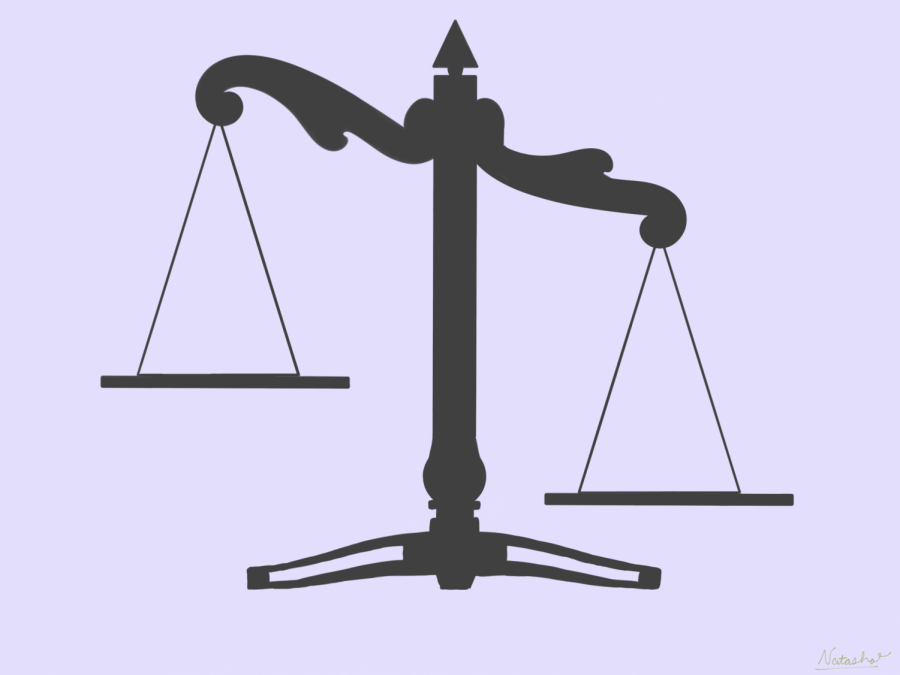Dwindling Democracy
Amy C. Barrett’s rapid nomination to the Supreme Court reflects America’s fading sense of democracy.
November 11, 2020
On September 18, former associate justice of the Supreme Court Ruth Bader Ginsburg died. Merely a month later, the Senate Judiciary Committee had already advanced her nominated replacement, Amy Coney Barrett, confirming her by the end of October.
Amy Coney Barrett is a judge with views that could change the role of government in our lives and alter precedents, including but not limited to reversing the Affordable Care Act, which has provided over 20 million Americans with health coverage and has enforced crucial protections for those with pre-existing conditions.
Barrett has stated that she believes in a strict interpretation of the Constitution, interpreting the document as the authors intended at the time it was written. However, times have changed over two centuries; many opinions that the founding fathers may have resolutely believed are now acknowledged to be ethically reprehensible. An originalist view such as that of Barrett prohibits viewing the Constitution in the context of the world we live in today, and the world that future generations who will have to abide by the document will live in.
Regardless of anyone’s opinion about Barrett herself, however, Congress’s rapid nomination process is morally wrong for a number of reasons. First, it’s disrespectful to Justice Ruth Bader Ginsburg, who had barely been dead for a week before Trump nominated Barrett. Moreover, the Senate’s accelerated process is simply irresponsible. As the ACLU wrote, “This isn’t about a particular nominee—it is about the time and careful deliberation required to adequately vet them.” According to the Congressional Research Service, the number of days from nomination to final Senate vote in the past several decades has ranged from 70 to 110 days—from a little over 2 months to almost 4 months. Typically, the Senate has several months to properly investigate the nominee and confirm that they will truly be a good fit on the Supreme Court. However, due to the election and the politicization of the Supreme Court, the Senate neglected to adequately audit Barrett in favor of confirming her as fast as possible.
Of course, not only was this irresponsible, but it also undermined the democratic ideals ingrained into the Constitution—including a non-politicized, independent Supreme Court.
The Supreme Court is not a political entity. The nomination process should not be based on political agendas. The court should represent the values of the people. Whether or not you believe Barrett should be on the Supreme Court, having such a quick confirmation before the election violated ideals that our nation holds sacred.


